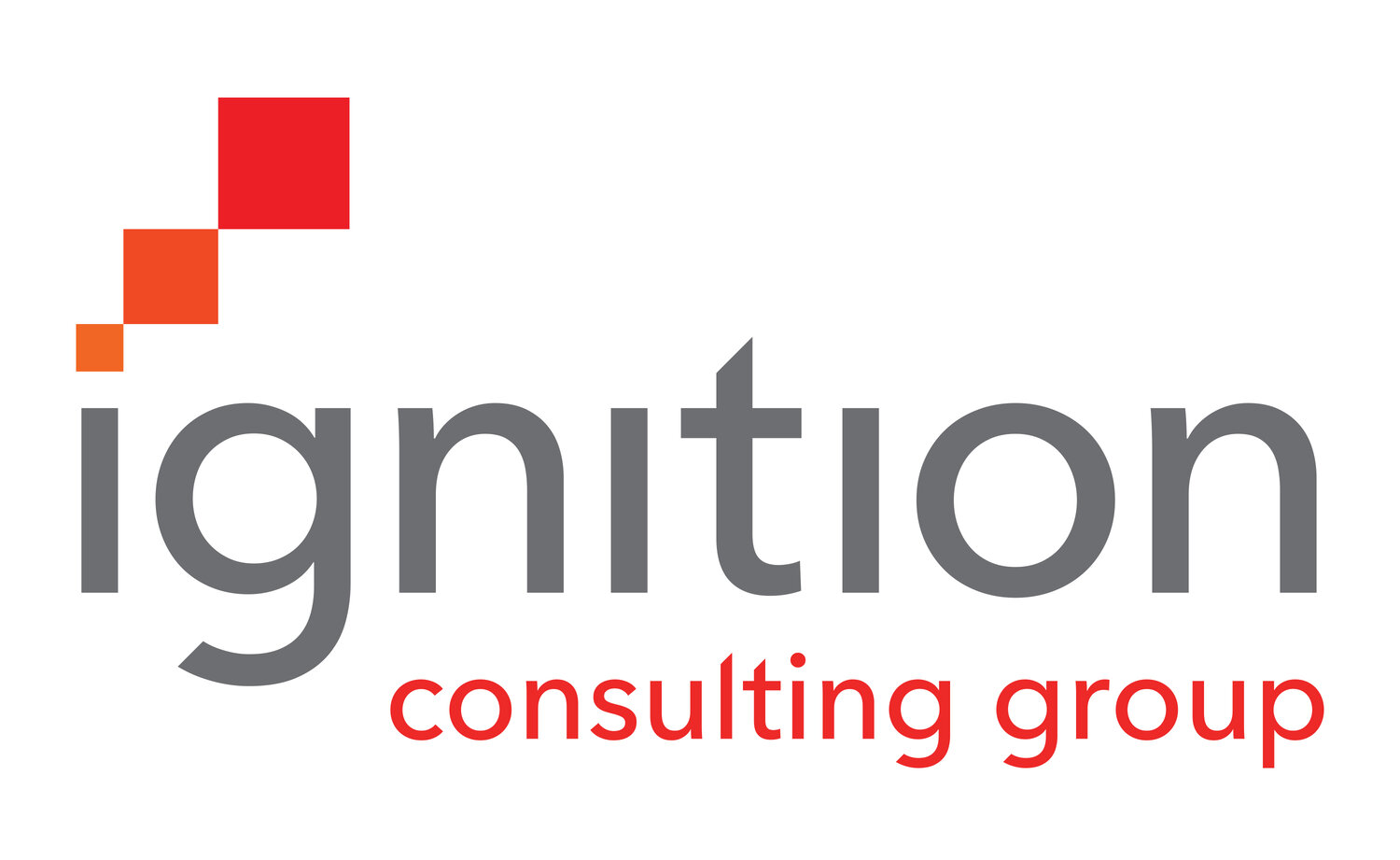Can You Describe What Your Strategy Is Not?
By Tim Williams
When asked to provide an inventory of services provided by your firm, most agency leaders supply the type of list that begs the question, "Could anyone agency actually do all that?"
Most of the popular online directories allow marketers to search for agencies by geography, by size, and of course by “specialty.” AgencySpotter features 42 such specialties, and agencies can choose to feature as many of these capabilities as they would like. Agency Match provides a list of 106 agency capabilities from which to choose. And Ad Age’s AMP agency directory serves up a whopping 232 agency capabilities in its database.
Because of the huge set of choices, agencies submitting to these databases are undoubtedly tempted to check more of these boxes than they should. And the companies using these online directories to search for an agency are understandably overwhelmed by such a long menu.
One-stop-shop?
The tendency of agencies (and most other professional firms) to claim too much when it comes to competencies is fueled by the mistaken belief that client organizations are looking for a one-stop solution. While this might have been true in the unbundled agency world of the 1960s, most marketers today have a dozen or more agency relationships. Large multinational marketers sometimes have hundreds of different agencies, not just due to geography but also because of their desire to work with best-in-class specialists.
When describing your firm to a prospective client, it’s easy (and arguably lazy) to run down a list of all the things you do. But do you have the ability and willingness to say what you don’t do; the services you don’t offer and the markets you don’t serve? You can claim to have a focused business strategy only if you’re able to describe what your strategy is not.
Stakes in the ground
Lack of critical thinking among agency leaders produces positioning strategies that are so broad as to be virtually meaningless. Instead of putting a single stake in the ground, agency leaders pound hundreds of stakes designed to support a tent large enough to encompass every possible type of client. A strategy that doesn't leave anything out cannot be called a strategy.
The authors of the following examples undoubtedly labored over word selection and endeavored to inject these “positioning statements” with interest, energy, and aspiration. But they all fail the essential test of a positioning strategy: communicating — either directly or indirectly — what the company is not.
“We are the common ground where the forces that impact brands — innovators, influencers, culture creators, technologies, and media — come together, collaborate, and invent. We make brands relevant by giving trends scale.”
“Our approach puts client challenges at the center. We aren't confined by a traditional process that dictates the kinds of solutions we offer. Our ideas are free to take whatever form, share, or size the problem calls for.”
“We're a mash-up of business problem solving, marketing strategy, and insanely treat content creation and activations. We build custom marketing solutions for challenges involving people, processes, and content.”
Just as the above statements don’t actually say much, they also don't leave out much. They attempt to draw a circle so wide it encompasses every industry, every prospective client, and ultimately every type of brand.
All emphasis is no emphasis
21st-century iterations of the "full-service" claim now include "full-stack," "end-to-end" and "omnichannel." When any of these terms appear in a firm's positioning statement, it's a conspicuous sign the leadership team either doesn't understand business strategy or lacks the discipline to make the essential strategic decisions of “where to play and how to win.”
Well-positioned, well-focused firms make it known on the home page of their websites what they do and whom they do it for. Not “a full spectrum of services,” but “experiential marketing solutions.” Not “serving a broad range of industries,” but “for B2B technology companies.”
Makers of a life-saving new drug aren’t looking for agency partners with general market experience. Which is why pharma expert AbelsonTaylor makes it clear that health and wellness is all they do. Marketers looking for an agency don’t have to guess what this firm is about.
Intentionally ill-defined?
Select, at random, three agencies in your region. Visit each of their websites and see if you can discern, in less than 60 seconds, their core competencies and market expertise. The incomprehensible truth is that most agency websites are almost intentionally vague, flatly failing the test of answering the question “Is this agency a good fit for our company?”
Professional service firms that lack a clear positioning strategy operate in a rudderless new business environment that’s the equivalent of playing the lottery. But new business is not a numbers game. Rather than just trying to increase the number of times at bat, how much better would it be to spend your time and resources on prospects who actually want you for what you do best? The most focused agencies have the best new business batting averages because they are playing in a game they are favored to win.



